One of the biggest concerns for many electric car owners is the cost of charging. What if you could charge your electric car without spending a dime? This guide will show you which locations offer free charging stations and how to find these facilities. If you own an electric car, we'll show you how to drive it more economically and environmentally.
Where Can I Charge My Electric Car for Free?
You can charge your electric car for free at various locations that often aim to attract and retain visitors for longer durations. Here are some common places where you might find free EV charging stations:
-
Retail and Shopping Centers: Many shopping malls and retail parks offer free charging stations as an incentive for customers to shop longer. Large chain stores like Walmart or Target sometimes have these facilities.
-
Hotels and Resorts: Some hospitality businesses provide free charging as a perk for guests. This is especially common in hotels that aim to attract eco-conscious travelers.
-
Municipal Buildings and Public Spaces: Cities and towns might provide free charging stations in downtown areas, parks, or near government buildings to promote the use of electric vehicles.
-
Workplaces: Many employers are beginning to offer free charging stations as part of their benefits package to employees, encouraging eco-friendly commuting.
-
Educational Institutions: Universities and colleges often provide free charging stations as part of their sustainability initiatives, available to both students and faculty.
-
Public Libraries and Community Centers: As community hubs, these locations sometimes feature free charging stations to serve local residents.
-
Airports: Some airports offer free EV charging in their long-term parking lots as an added service for travelers.

To locate these free charging stations near you, you can use apps like PlugShare or ChargePoint. These platforms provide up-to-date information on the location, type of connectors available, and any usage restrictions at various charging stations.
How Do Public Free Charging Stations Work?
Public free EV charging stations work in a very simple way, designed with user convenience in mind. Typically, you need to register with the charging station provider via an app or website, entering basic information such as your name and details of your car. Once you've registered, you can access the station by simply scanning a QR code or using the mobile app, and some stations will even give you a special card to use as a key.
The details of charging at these charging stations vary slightly. Most charging stations come with Level 2 EV chargers, which work faster than regular household outlets, but not as fast as the high-powered DC fast chargers on the highway. Free public chargers usually have a time cap, typically between 2 and 4 hours, to make sure everyone has access.

The charging station may have indicators to show you when you're plugged in, and the app you use to sign up will prompt you when your battery is full or when the time is almost up. This is a very practical setup that not only reduces travel costs but also supports cleaner, greener transportation.
If you're interested in the broader economic aspects of EV charging, check out this article Are EV Charging Stations Profitable?
How To Find Local Free EV Charging Stations
Finding local free EV charging stations can be straightforward if you know where to look. Here are some tips to help you locate these stations efficiently:
-
Use Dedicated Apps: Apps like PlugShare are specifically designed for EV owners. They provide detailed maps, user reviews, and up-to-date information on the location, type of connectors, charging speed, and current availability of charging stations.
-
Check Websites of Frequent Venues: Many businesses that offer free charging, such as shopping centers, hotels, and municipal buildings, list these amenities on their websites. It’s always a good idea to check these resources for any updates on available EV services.
-
Local Government Resources: Visit the websites of local or regional governments. They often promote public charging facilities as part of environmental initiatives and provide detailed information about their locations and how to access them.
Which new EVs offer free charging?
Several automakers offer free charging incentives to attract buyers to their new electric vehicles (EVs). These incentives can vary by location, model, and promotions available at the time of purchase. Here are some popular automakers and their respective models that often come with free charging offers:
-
Tesla: Tesla has offered free Supercharging as a promotional incentive for new Model S and Model X vehicles and occasionally for Model 3 and Model Y as part of referral programs or special promotions.
-
Audi: Audi has provided new buyers of their e-tron models with complimentary charging through initiatives like the "e-tron Charging Service," which offers free credits.
-
Ford: With the purchase of a Ford Mustang Mach-E, Ford has offered free charging credits through FordPass Rewards at Electrify America stations.
-
Volkswagen: Volkswagen ID.4 owners have been eligible for free charging for a period (such as three years) at Electrify America stations, promoting the use of their EVs.
-
Hyundai: Hyundai offers new buyers of models like the Kona Electric and Ioniq Electric complimentary charging for a limited time through partnerships with charging networks like Electrify America.
-
Polestar: Polestar, with models like Polestar 2, has occasionally included promotions offering free charging for a set period at certain charging stations.
-
Nissan: Nissan has run promotions like the "Nissan Energy Perks by EVgo" program, which provided new Leaf buyers with a certain amount of free charging at EVgo stations.
It's worth noting that these offers may be time-limited or tied to specific conditions, so remember to get up-to-date details from the car manufacturer or your local dealership when considering the purchase of a new electric car.
What Are the Limitations of Free Charging?
While free charging stations for electric vehicles (EVs) can be a great perk for EV owners, they do have some practical limitations that are worth considering. One common limitation is charging time limits, which are designed to maximize charging for everyone. This means that you may only have a few hours to charge your vehicle, which may not be enough time to fully charge it, especially if it's running low.
Additionally, these charging stations are typically slower compared to paid fast charging stations. This usually isn't a problem if you plan on spending a couple of hours shopping or dining, but it's less convenient if you need a quick charge.
Another issue to consider is the availability of these free charging points. In areas with a large number of EV drivers, charging points may be in short supply, leading to longer waiting times. This can be a huge inconvenience, especially during rush hour or in popular locations. In addition, the maintenance and reliability of these free charging stations sometimes lags behind that of paid facilities.
Since the service is free, maintenance checks may not be as frequent and thorough, which may result in more frequent malfunctions or problems with charging equipment.
Conclusion
In conclusion, to make the most of free EV charging, consider planning your errands or outings around locations with available charging stations. This way, you can charge your vehicle while you go about your day. It's also a good idea to have a backup plan for times when free stations might be full. Keeping your charging station apps updated will help you find new spots and stay informed about availability.
To make the most of your electric vehicle and ensure convenience in your daily routine, consider installing an Autel Home EV Charger. This charger provides a reliable and efficient way to power up your EV right at home, reducing your reliance on public charging stations. It's an ideal solution for those times when free charging stations are full or unavailable.

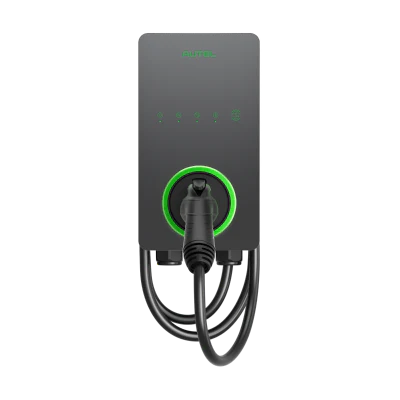
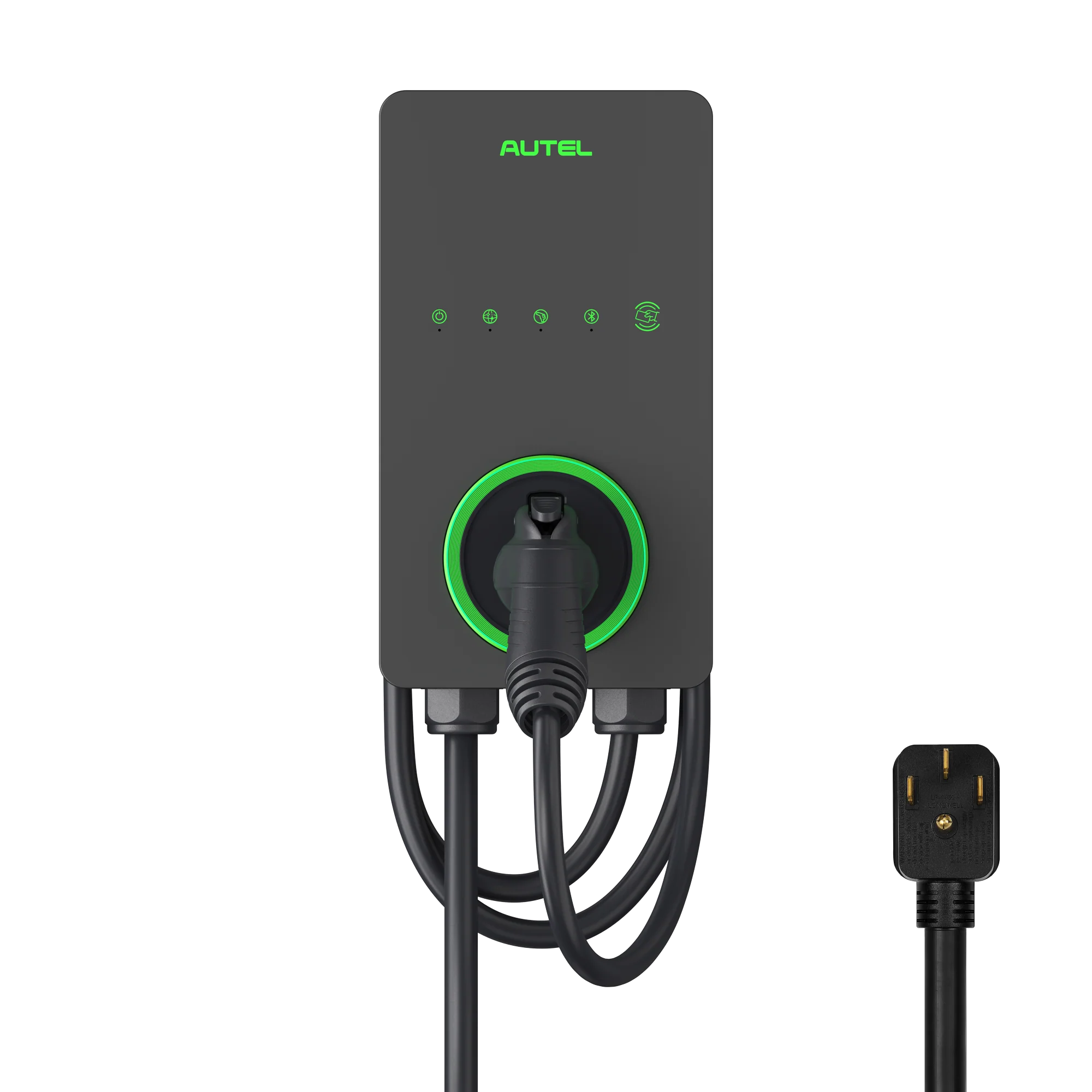
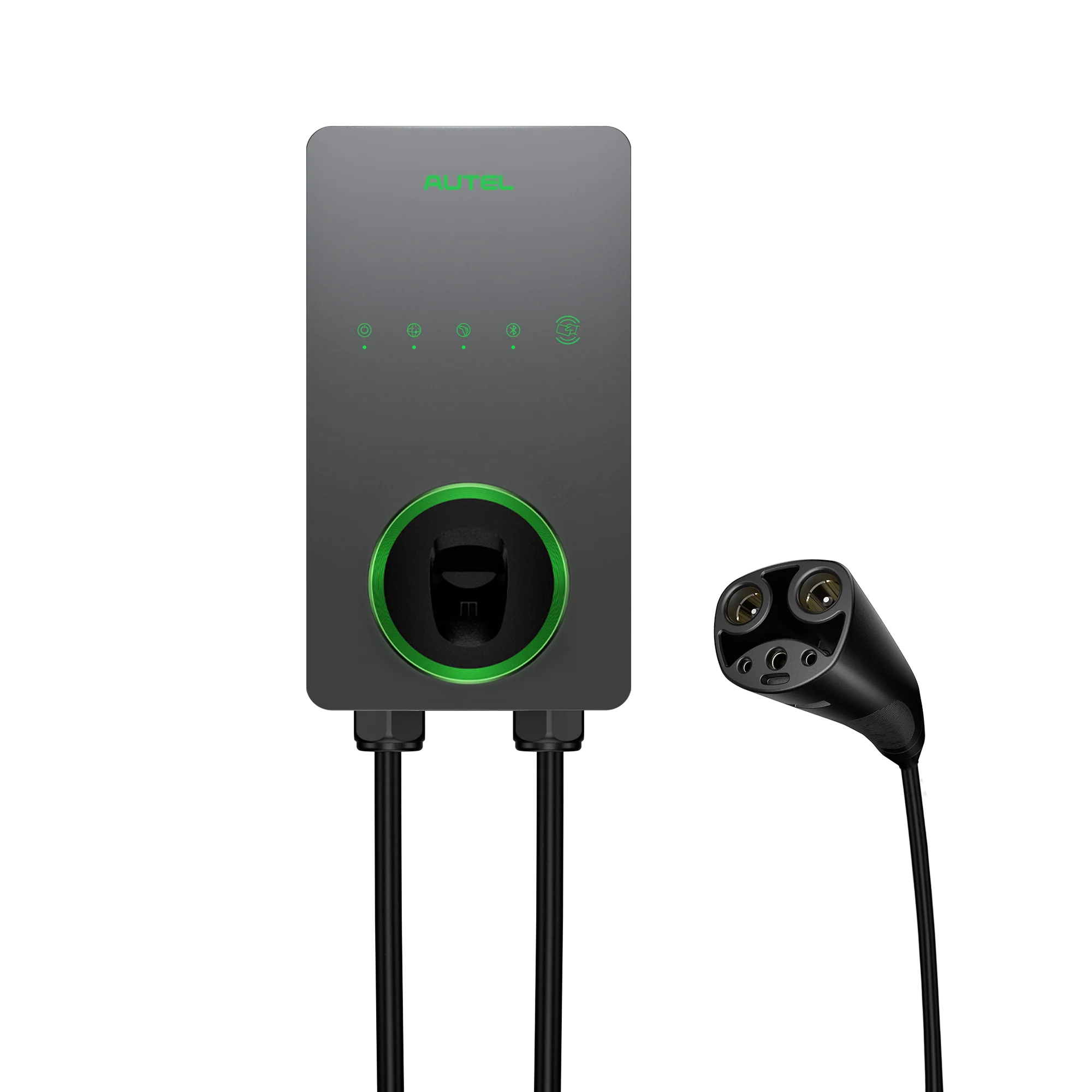
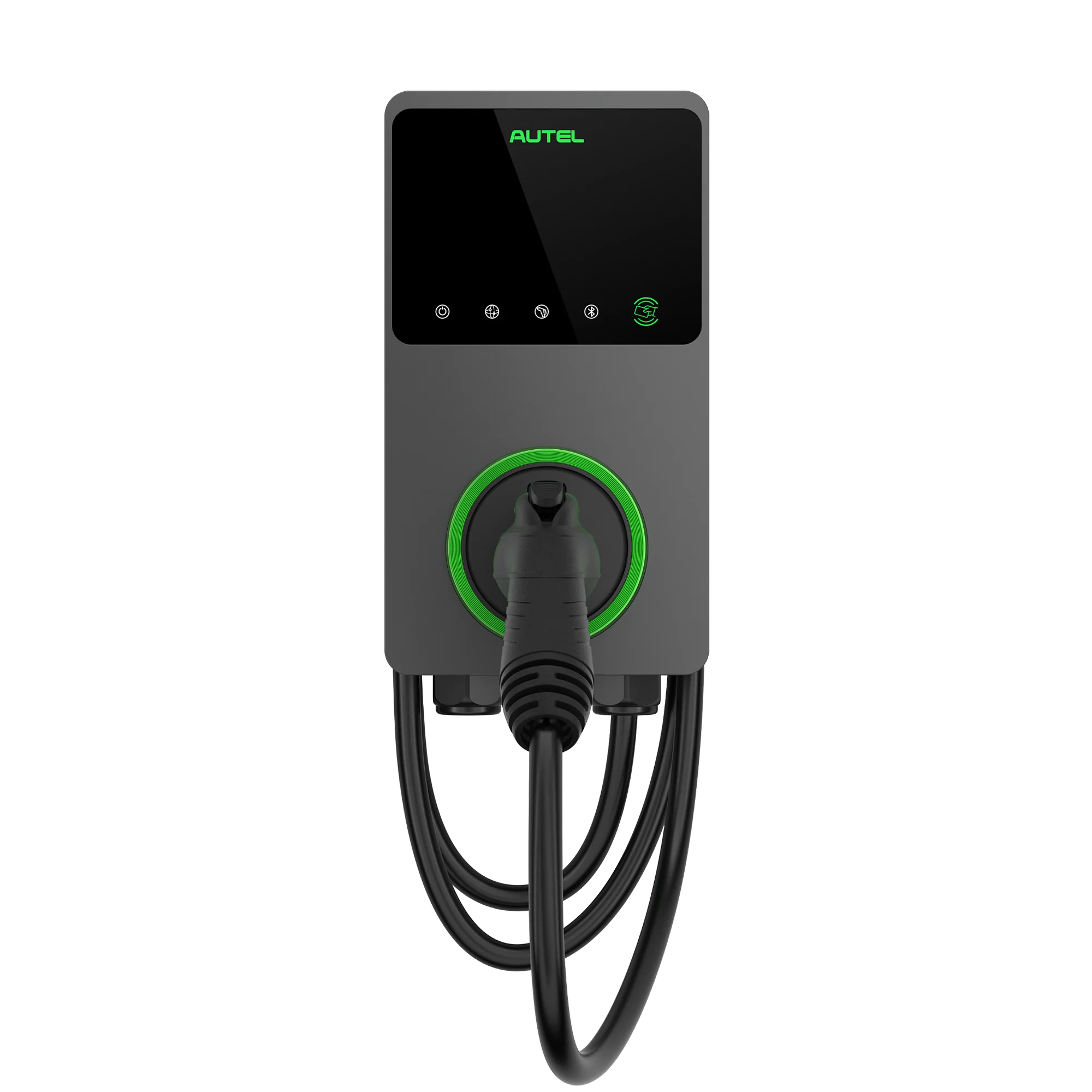
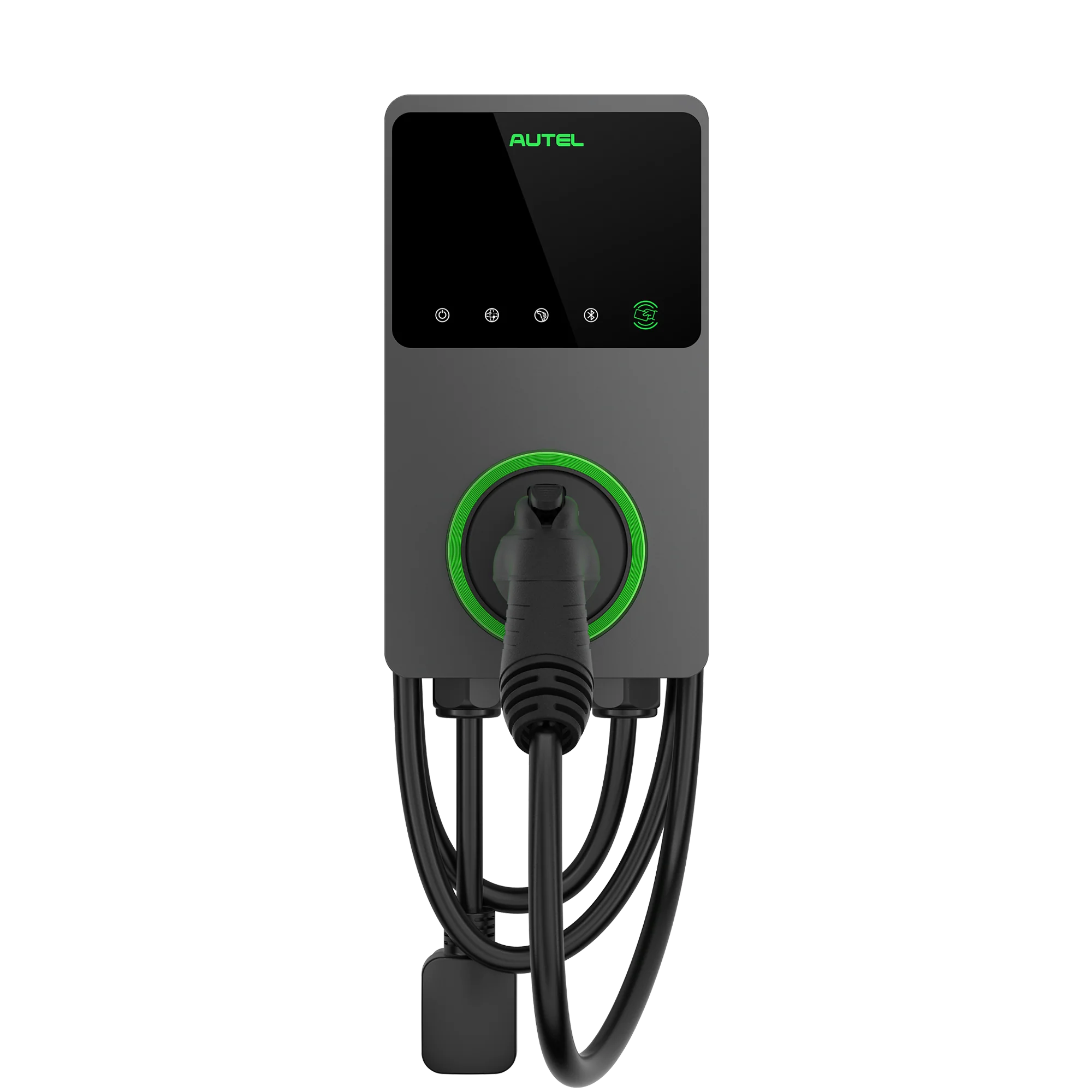
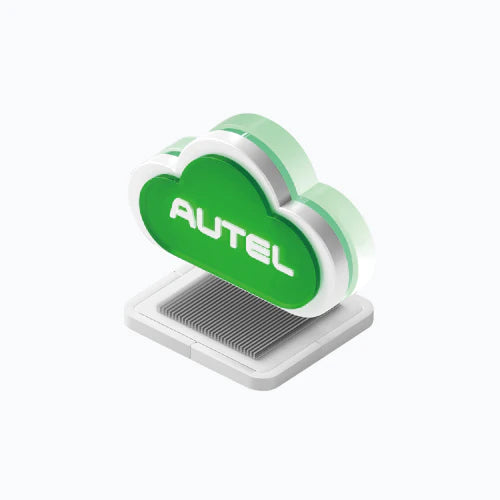
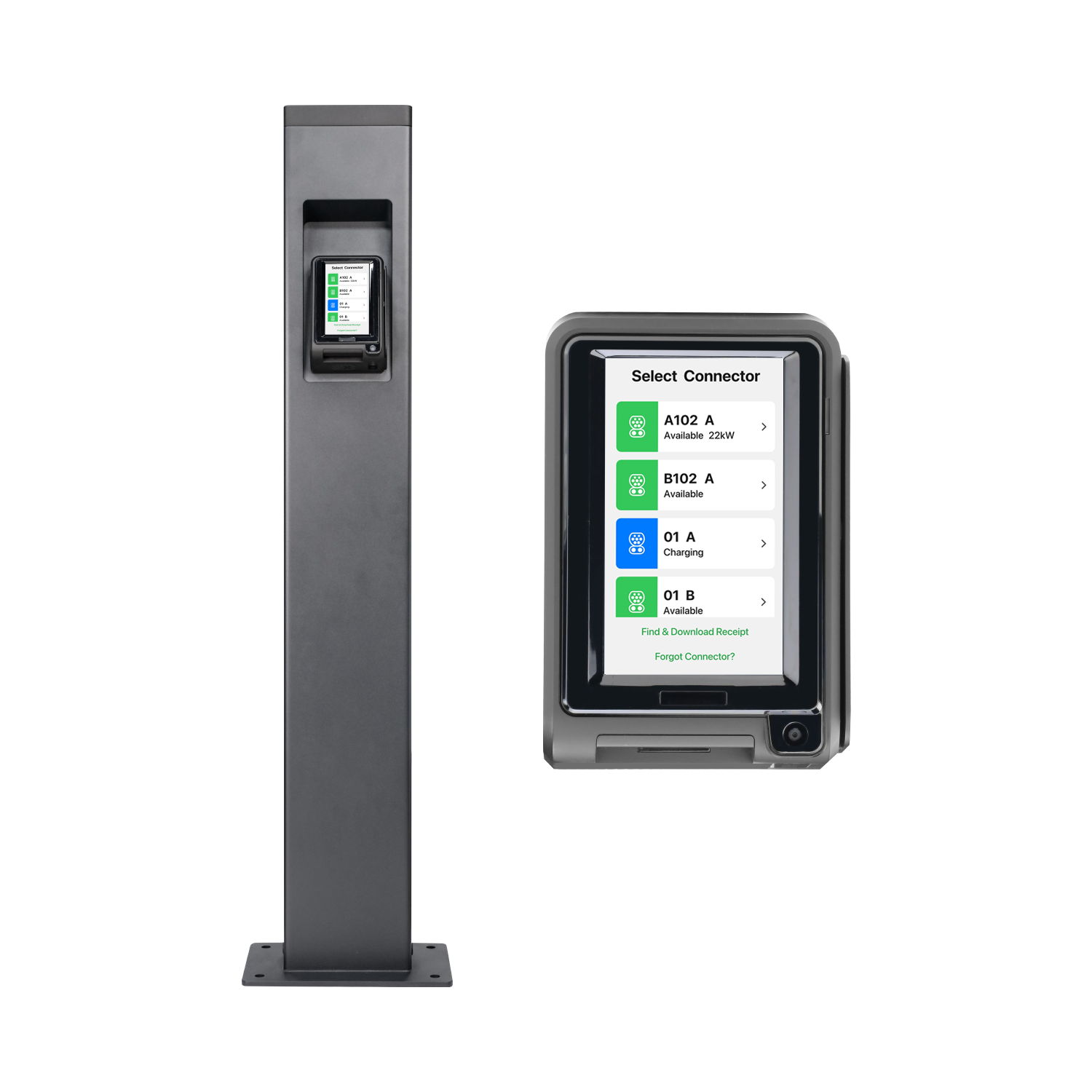
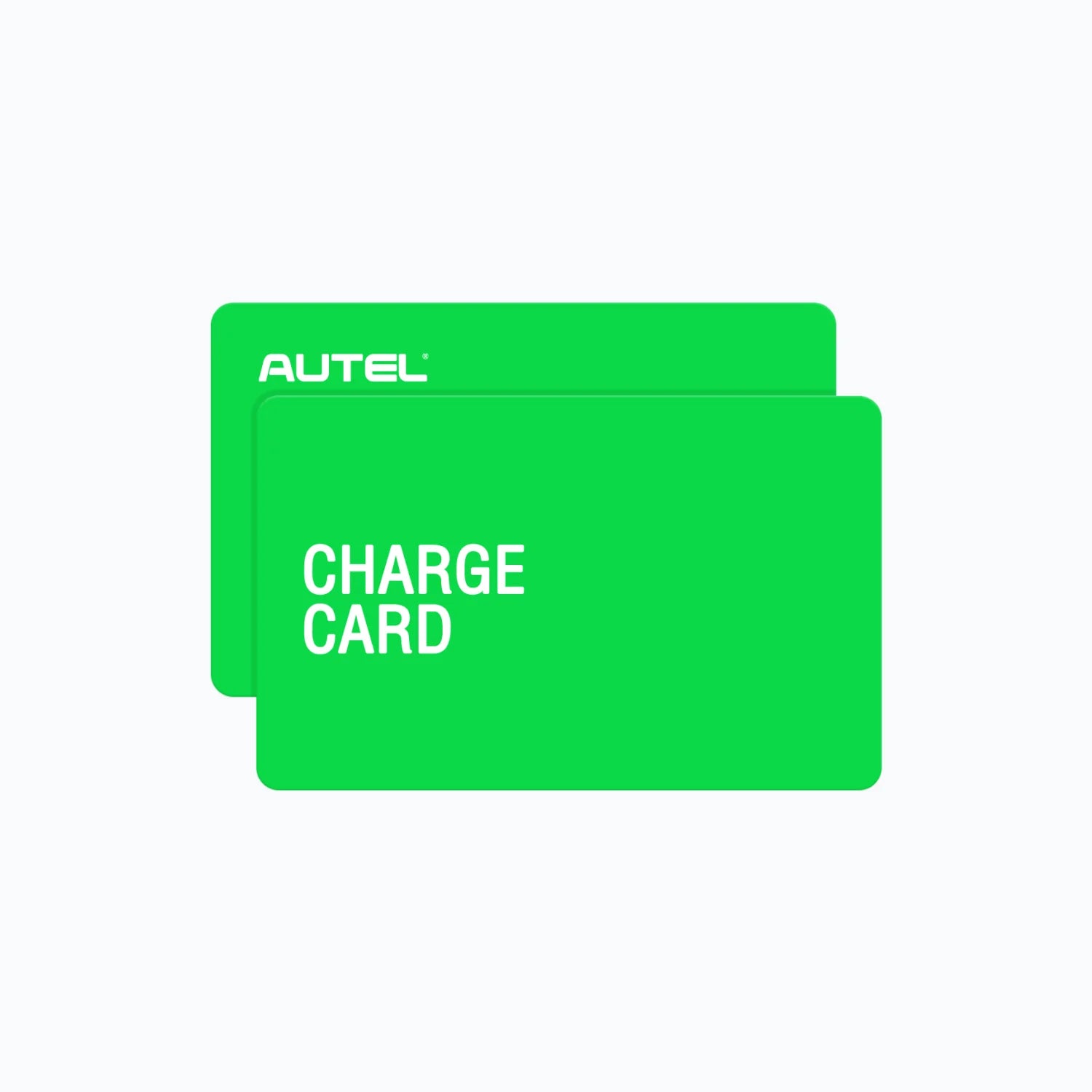
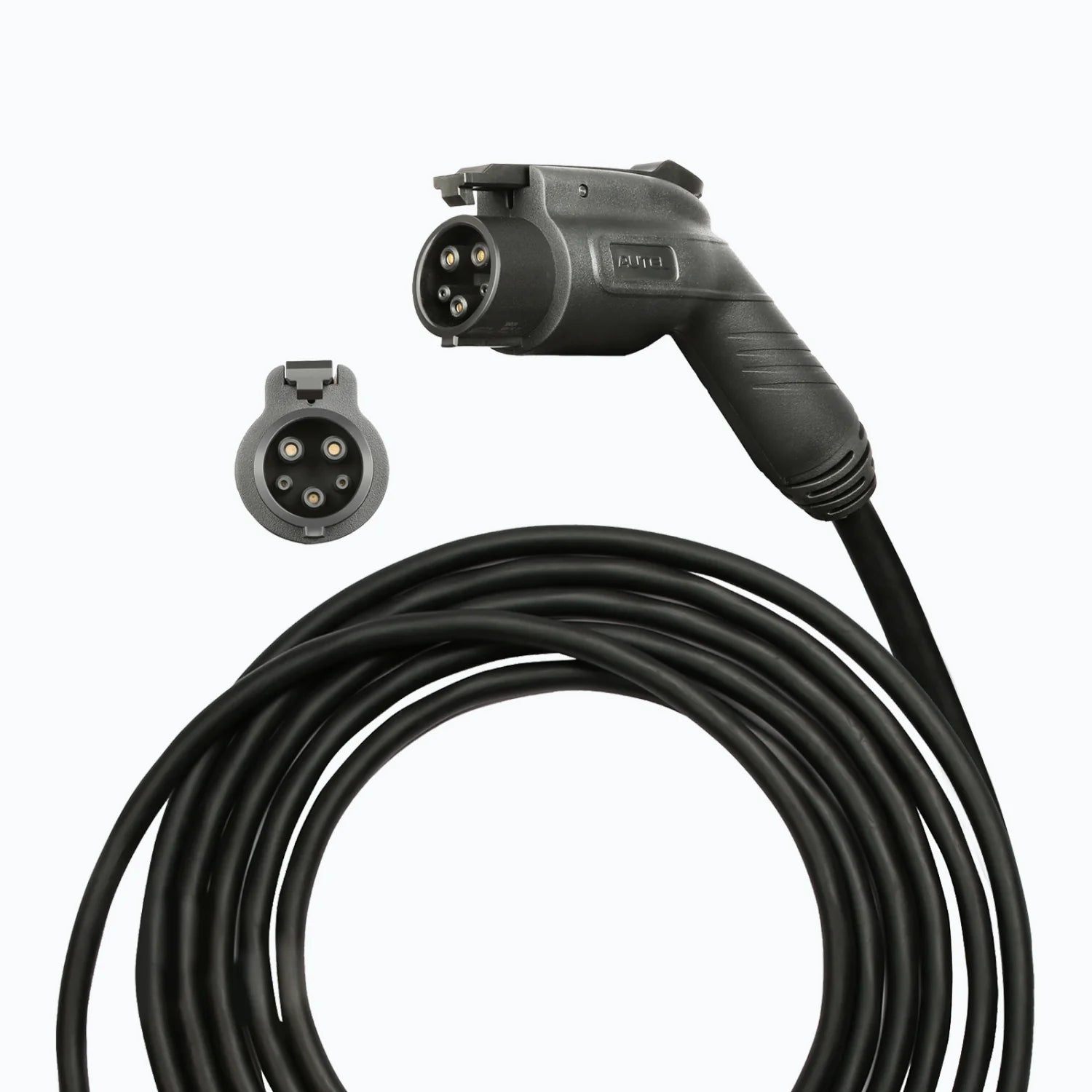
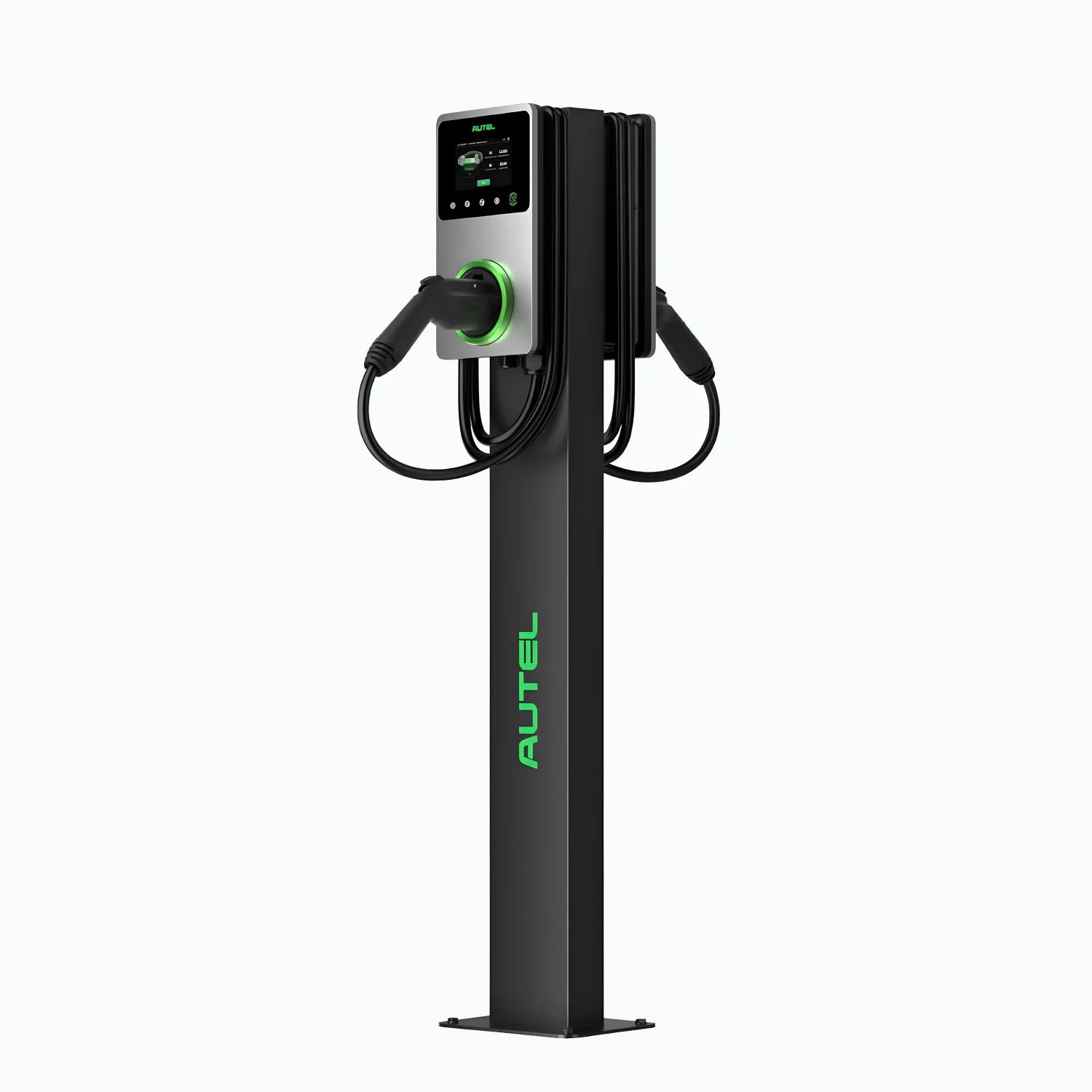
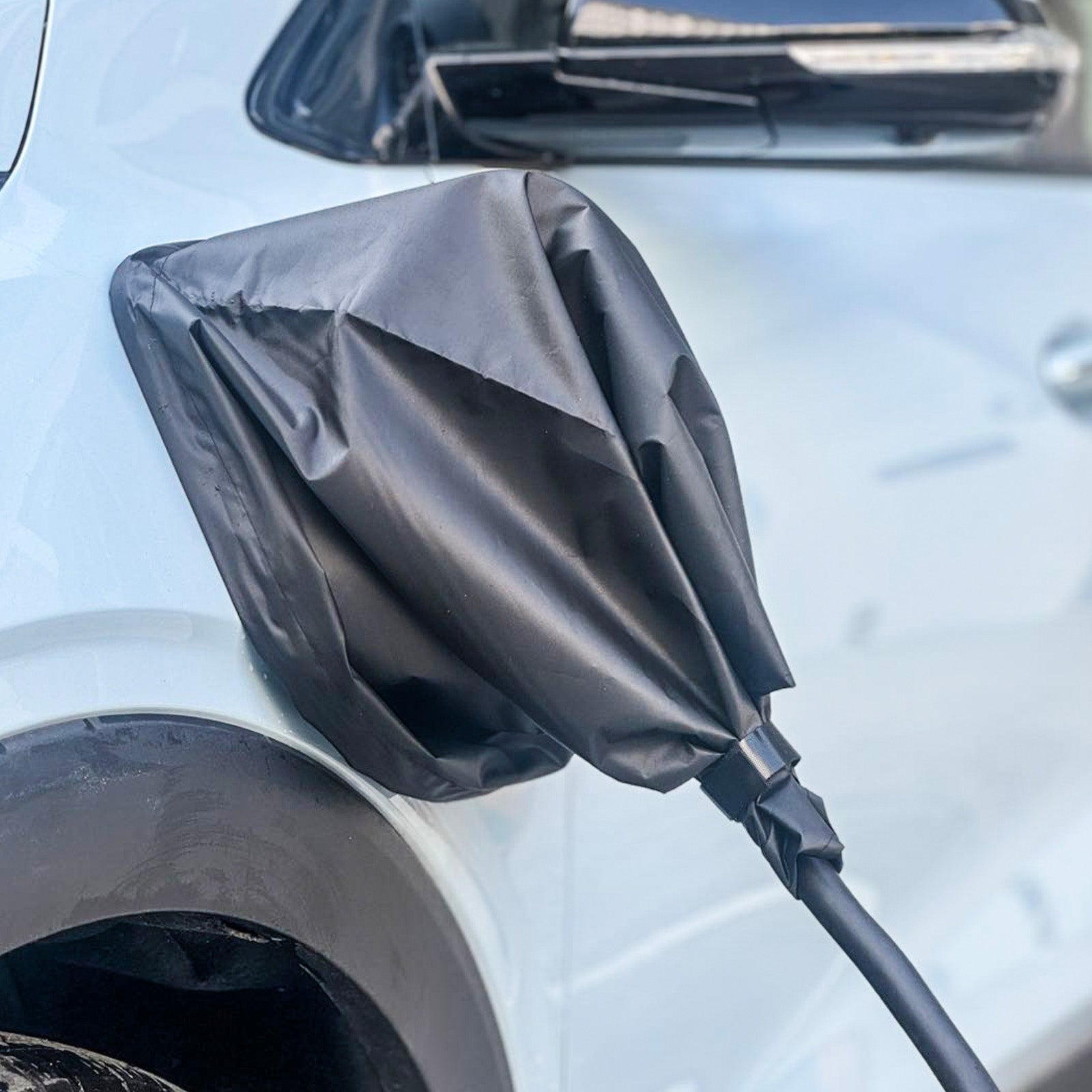
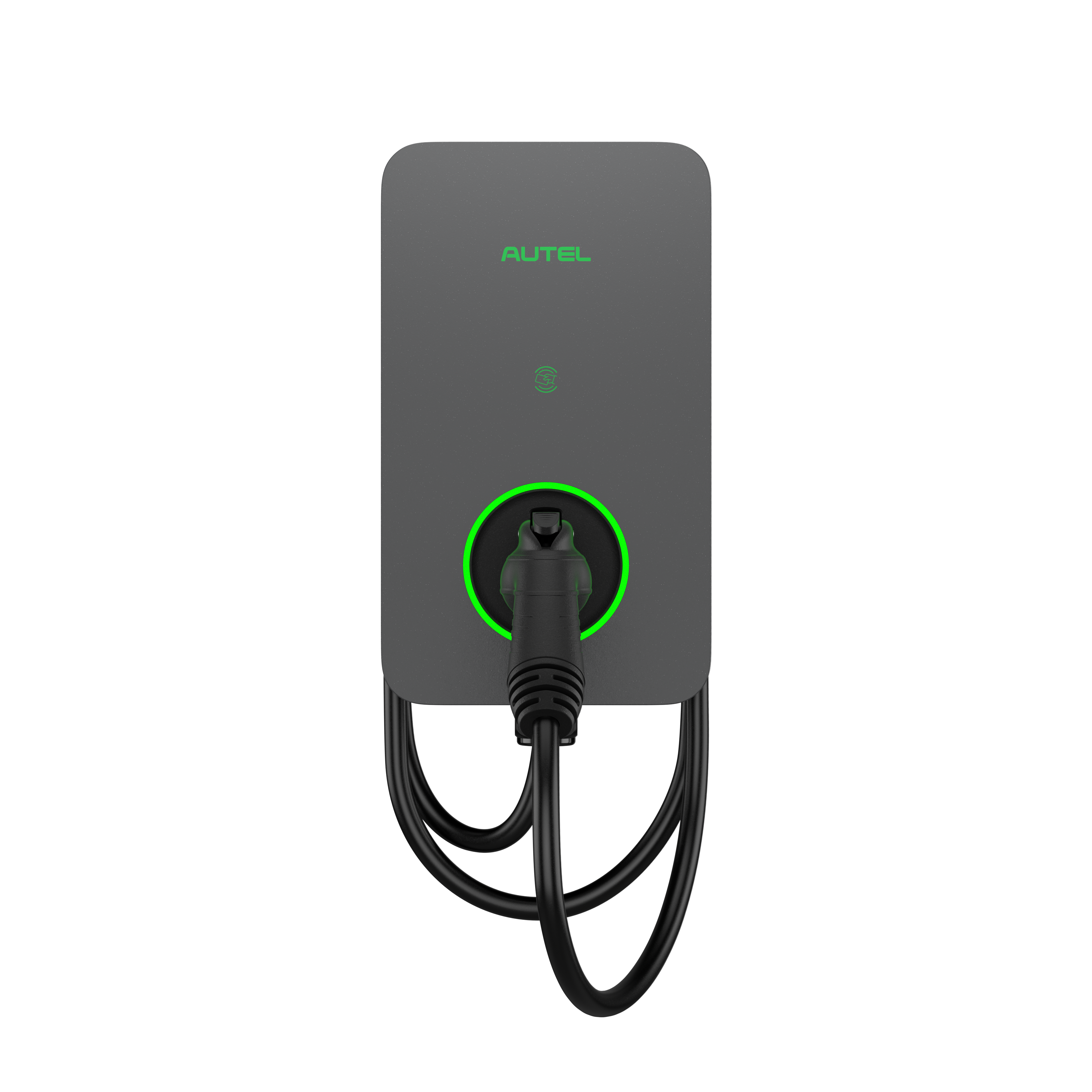
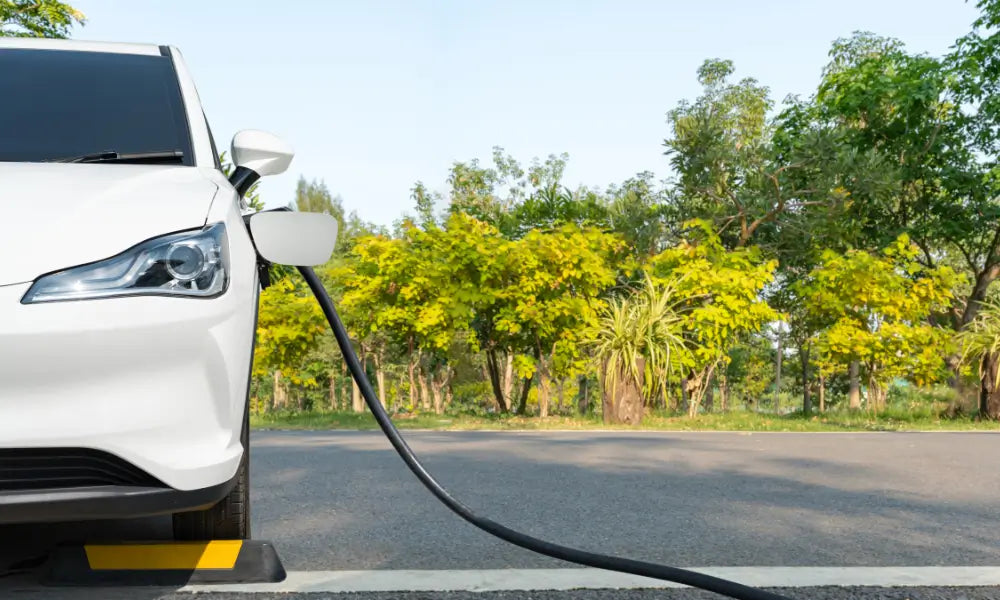
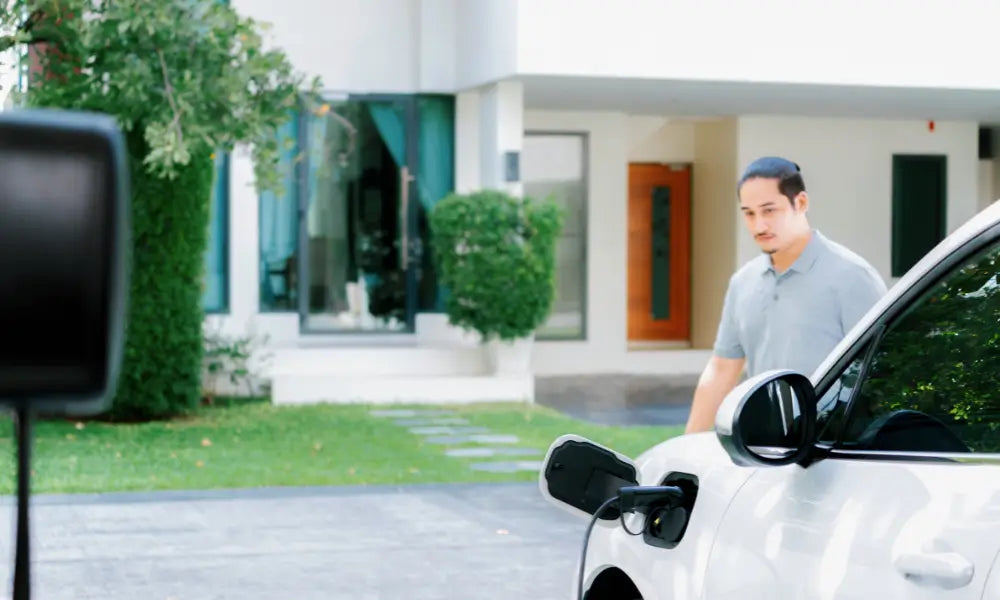
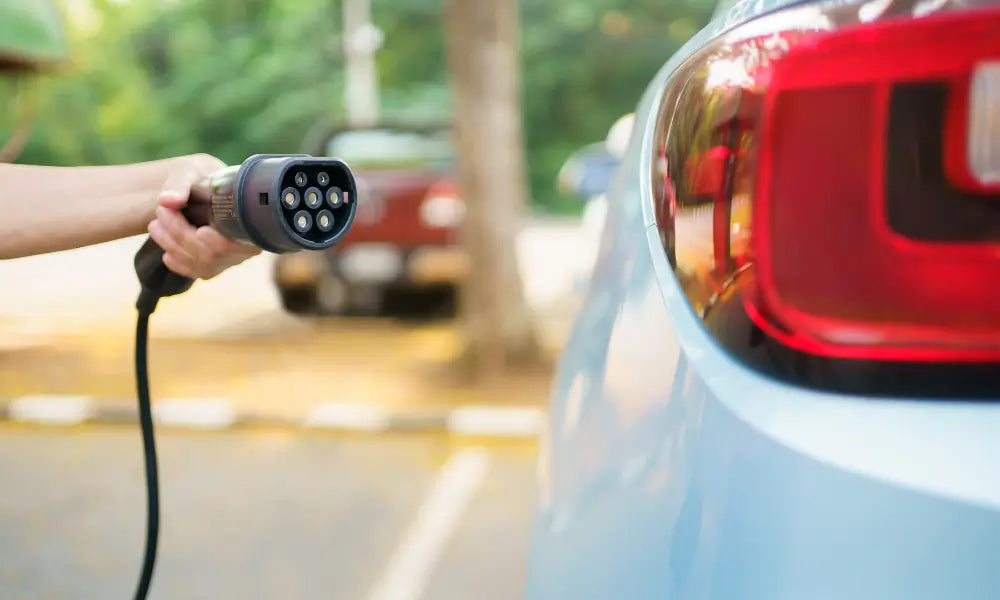
Dejar un comentario
Todos los comentarios se revisan antes de su publicación.
Este sitio está protegido por hCaptcha y se aplican la Política de privacidad de hCaptcha y los Términos del servicio.